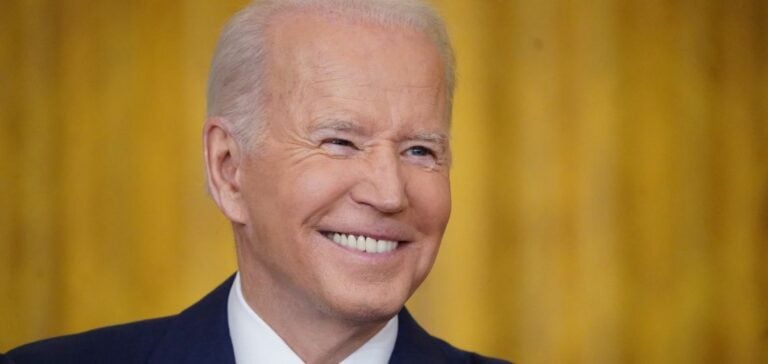The U.S. Department of the Treasury has confirmed it will issue the necessary guidelines for the 45Z clean fuel tax credit before January 2025. This program is part of the Inflation Reduction Act, a cornerstone of the Biden Administration’s energy policies.
A Financial Tool at the Core of Energy Strategy
The 45Z tax credit is designed to encourage domestic production of fuels with at least a 50% reduction in greenhouse gas emissions compared to conventional petroleum. Producers can claim up to $1 per gallon for non-aviation fuels, with additional incentives for further carbon intensity reductions. For sustainable aviation fuel (SAF), the credit can reach $1.75 per gallon.
The program has a dual objective: to support producers while strengthening the U.S. transition to more sustainable fuels. However, businesses and investors are awaiting technical details to better plan their investments and maximize their eligibility for the credit.
Delays Caused by Divergences
Inter-agency discussions on the 45Z tax credit have revealed disagreements on technical issues, particularly regarding the use of the GREET (Greenhouse Gases, Regulated Emissions, and Energy Use in Transportation) model to evaluate eligible fuels. Some industry experts are concerned that these delays could hinder the program’s implementation and disrupt ongoing projects.
Tensions also revolve around the use of agricultural land for biofuel production, a divisive issue among policymakers. Some advocate for the inclusion of climate-smart agricultural practices as an eligibility criterion, while others believe overly stringent requirements could limit the program’s economic impact.
Economic and Industrial Impacts
The 45Z credit is seen as a major opportunity for biofuel producers and their industrial partners, who have invested in technologies to reduce the carbon intensity of their products. According to Emily Skor, CEO of Growth Energy, uncertainty surrounding the credit jeopardizes these investments and threatens the rural communities reliant on the revenue generated by this industry.
Additionally, the current uncertainty could impact fuel prices, a strategic issue for the transportation sector and energy markets. NATSO and SIGMA, representing fuel retailers and distributors, have called for the extension of existing credits, such as the biodiesel blending credit, to serve as a safety net until clear rules are established.
A Political and Financial Issue
As 2024 approaches, a critical year for the biofuel industry, delays in publishing the guidelines raise questions about the Biden Administration’s ability to deliver on its energy policy promises. Industry groups, while calling for clarity, also urge Congress to consider transitional measures to prevent a market slowdown.
For investors, the publication of eligibility criteria will be crucial to evaluating risks and opportunities in low-carbon fuels. Clarity on the 45Z credit is awaited as a strong signal to align industrial strategies with national energy goals.






















